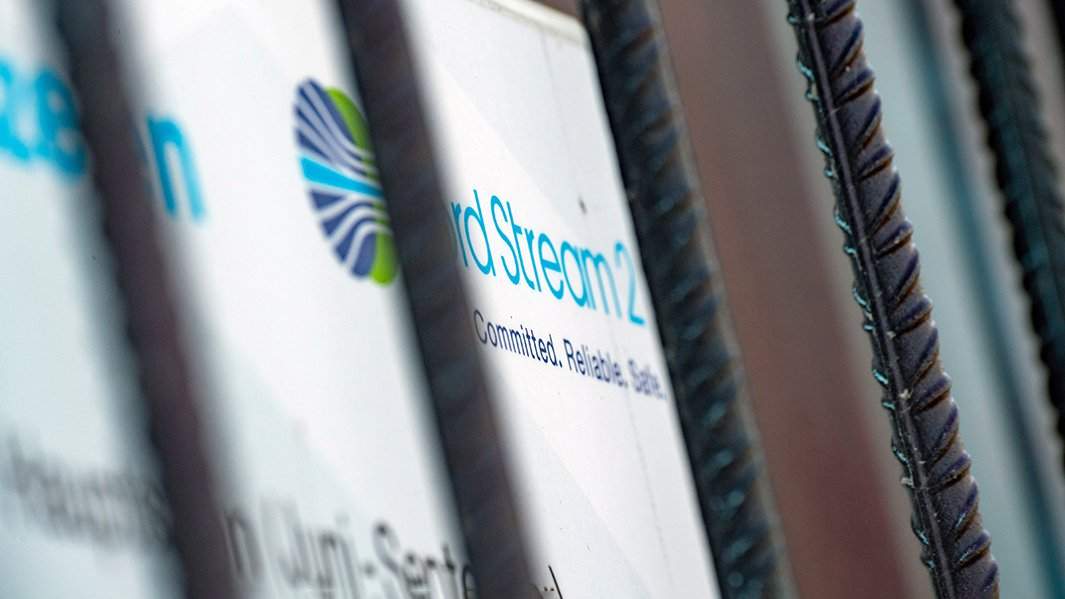
Nord Stream gas pipeline repairs could cost €1.3 billion
The estimated cost of repairing the Nord Stream gas pipeline, which was destroyed by explosions in 2022, could be between €1.2-1.35 billion. This preliminary estimate was made by Nord Stream AG, the operator of the Nord Stream project, and includes the cost of removing water from the pipes, stabilising them, repairing them, and replenishing the lost gas reserves. Nord Stream AG has prepared this estimate in anticipation of a legal dispute with the project's Western insurers, who have refused to pay out over the danage to the pipelines. Analysts recommend restoring the pipelines due to long-term demand and high gas prices.
. According to documents submitted by Nord Stream AG to the High Court of London and reviewed by the Financial Times, Nord Stream filed a €400 million lawsuit against Lloyd's of London and Arch Insurance in a British court in February. The lawsuit seeks compensation for damage caused by gas pipeline explosions. The defendants have refused to cover the damage.
The claim against Lloyd's of London pertains to the provision of primary insurance policies. Insurers pay the first losses from an event. Arch Insurance was supposed to provide excess cover, which are policies that kick in after the underlying policies have been paid.
On 16 September 2022, the Nord Stream 1 and Nord Stream 2 gas pipelines suffered severe damage due to sabotage. Significant sections of the three pipelines were blown up on the bottom of the Baltic Sea in international waters near the Danish island of Bornholm. As a result, both Nord Stream pipelines and the first line of Nord Stream 2 were destroyed. The second line remained undamaged and can theoretically supply gas to Europe. However, at the time of the explosions, Germany had not given permission for Nord Stream 2 to be put into operation. Neither pipeline was delivering commercial gas at the time of the explosions. Nord Stream's operator, Nord Stream AG, reported that the damage to the gas pipelines was 'unprecedented' and that the timeframe for repairs could not be estimated. Unlike Nord Stream 2, Nord Stream and its operator are not subject to US sanctions.
On 7th February, the Swedish prosecutor's office announced the termination of the investigation into sabotage at Nord Stream. Stockholm stated that Swedish jurisdiction does not extend to the incident, and all available data was transferred to Germany, which is the only country continuing to investigate sabotage on pipelines. At the end of February, Denmark also ceased its investigation.
The Nord Stream pipeline system was constructed to transport up to 110 billion cubic meters of gas per year from Russia to Europe. The construction cost Gazprom and European partners approximately €17 billion, even though the partners had already written off their investments. Therefore, after the explosions, the question arose whether it was economically feasible to restore the gas pipelines.
Maria Belova from Implement believes that gas restoration will only be feasible with stable long-term demand and high prices.
However, Sergei Kondratyev from the Institute of Energy and Finance suggests that restoration may still be relevant even at current gas prices. Currently, EBITDA for gas supplies via Nord Stream exceeds $100 per 1 thousand cubic meters, so the launch of Nord Stream would allow for cost recovery within a few months. However, this calculation is based on the full capacity of the gas pipeline. Sergei Kondratyev believes that due to high political risks, it is unlikely that work will begin on restoring the gas pipeline in the next few quarters.
